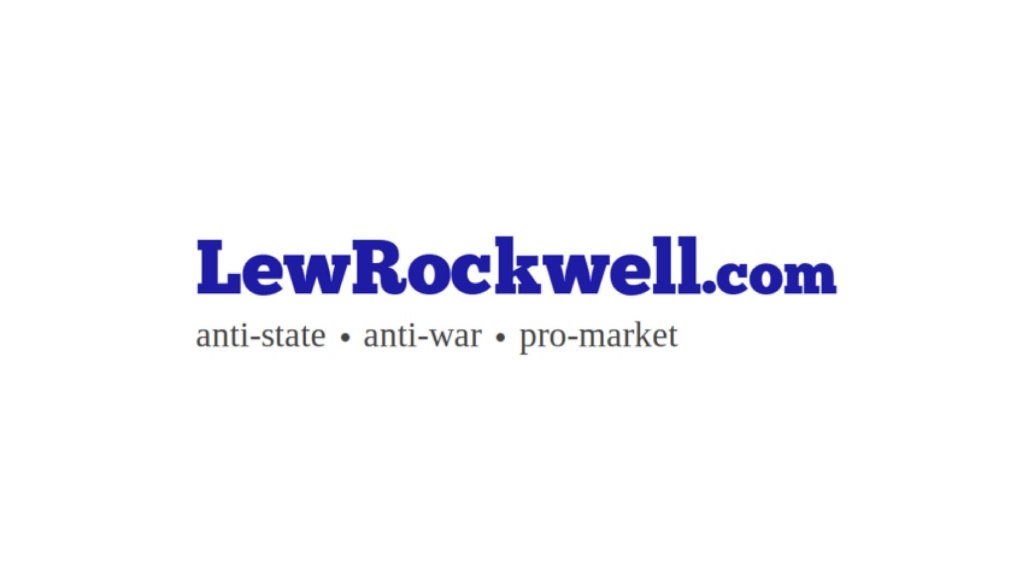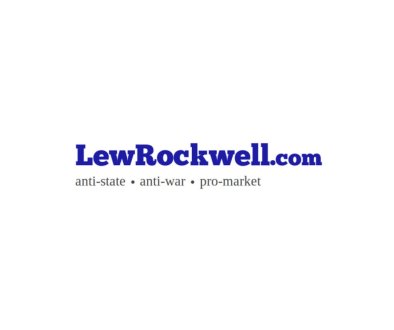Government Is a Racket
America, above all countries, was born in an explicitly libertarian revolution, a revolution against empire; against taxation, trade monopoly, and regulation; and against militarism and executive power. — Murray Rothbard, For a New Liberty: The Libertarian Manifesto
What happened? How did we, in 2025, get so far from the dream of establishing a libertarian society? Answer: Certain elites didn’t want one. They wanted protection from the great multitude. They wanted power concentrated in a few people of their choosing, and that meant establishing a central coercive state. But directing the country away from its libertarian founding required slick political maneuvering.
Most Americans born before 1980 know something began on July 4, 1776 that didn’t conclude until years later. On that day in Philadelphia, the Continental Congress declared its member colonies to be “free and independent states,” and as such they would conduct themselves as states “may of right do.” This put the signers of this declaration in charge of their own fate, provided they win the war with Great Britain that began over a year earlier. And should king or Parliament doubt their sincerity, by signing they mutually pledged to each other their lives, fortunes, and sacred honor.
Usually war is an elite enrichment scheme, and for some the Revolution was indeed a profitable undertaking, as was true for Robert Morris, the Revolution’s financier. But for others, such as Thomas Nelson, Jr., the war destroyed his personal fortune — he sank “from affluence, almost to absolute poverty,” as a friend put it in Nelson’s eulogy. He lost it all fighting for the radical ideals of the Declaration. Although Morris had no such idealistic fervor during the war, after it was over his failed real estate speculations landed him in debtor’s prison for three years.
Winning the war without formal confederation
Article from LewRockwell

LewRockwell.com is a libertarian website that publishes articles, essays, and blog posts advocating for minimal government, free markets, and individual liberty. The site was founded by Lew Rockwell, an American libertarian political commentator, activist, and former congressional staffer. The website often features content that is critical of mainstream politics, state intervention, and foreign policy, among other topics. It is a platform frequently used to disseminate Austrian economics, a school of economic thought that is popular among some libertarians.




